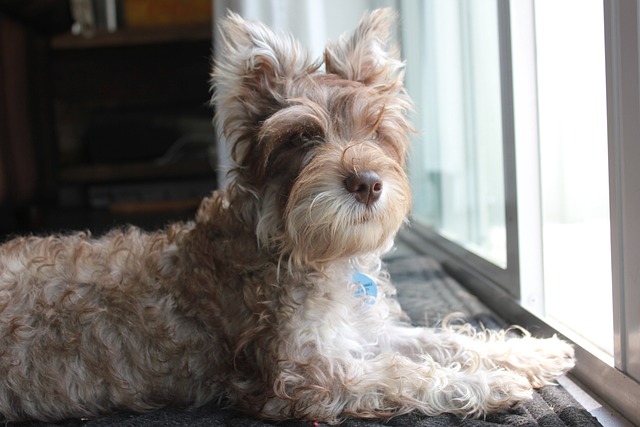
How do i train my dog to be obedient?
Watching your dog dart across the park ignoring your calls isn’t just frustrating—it can put them at risk near busy streets or public spaces.
That first night with your new puppy can feel equal parts magical and overwhelming, especially when it's time for bed and the whimpers begin. Where you choose to have them sleep isn't just about convenience; it's about setting the foundation for security, house-training, and a strong bond. The ideal setup balances their innate need for comfort with the practicalities of teaching good habits from day one. Puppies have just been separated from the warmth and sounds of their mother and littermates, so expecting them to be perfectly content alone in a silent, distant room is unrealistic. Their tiny bladders also mean they'll need at least one potty break during the night. The most recommended solution is a crate placed right next to your bed. This provides them with the secure, den-like environment they instinctively crave while keeping them close enough that they can hear your breathing and feel comforted by your presence.

To make this work, your preparation is key. Choose a crate that is just large enough for them to stand up, turn around, and lie down comfortably—if it's too big, they might use one corner as a bathroom. Make it incredibly inviting with a soft blanket and a safe, snuggle-style toy designed for puppies. You can even include a piece of fabric with the breeder's or foster home's scent on it for an extra layer of familiarity. When they whine, it's crucial to distinguish between attention-seeking and a need to go out. If it's been a few hours, take them directly to their designated potty spot outside, keep the interaction calm and business-like—no play—and then return them to the crate. This teaches them that nighttime is for sleeping, but their needs will be met. Using a gentle, reassuring tone without caving to prolonged crying reinforces that you are their safe base, aligning with positive reinforcement principles that build trust instead of fear.
This thoughtful approach to the first night is your first step in responsible ownership, which extends far beyond your front door. The habits you build now, like a consistent potty routine, will make apartment living and community integration much smoother. It's also a reminder to ensure your puppy's vaccination schedule, including their legally required rabies shot as soon as they are of age, is a top priority for their safety and public health. Furthermore, the patience and positive reinforcement you use to help them through this scary first night—rewarding calm quiet in the crate with a soft "good dog"—is the same force-free methodology used in modern training for all behaviors. Just as you'll diligently clean up after them on walks as a respectful neighbor, providing a secure first night's sleep is about nurturing a confident, well-adjusted dog who feels safe in their new home and world.

Watching your dog dart across the park ignoring your calls isn’t just frustrating—it can put them at risk near busy streets or public spaces.

New puppy owners often find themselves rushing to clean up accidents before they set in, and that’s where puppy pad training becomes a game-changer.

If you've noticed your dog's waistline disappearing and your veterinarian has mentioned those few extra pounds, your first instinct might be to simply reduce the amount of food in their bowl.

Training a dog to use a designated spot indoors isn’t as daunting as many new owners fear, but it does take consistency and an understanding of your pet’s needs.

That moment of dread on a walk is all too familiar for many new dog owners. You see another dog approaching down the sidewalk of your neighborhood

If the sight of another dog on your neighborhood walk makes your heart sink as your own dog erupts into a frenzy of barking and lunging, you're not alone.